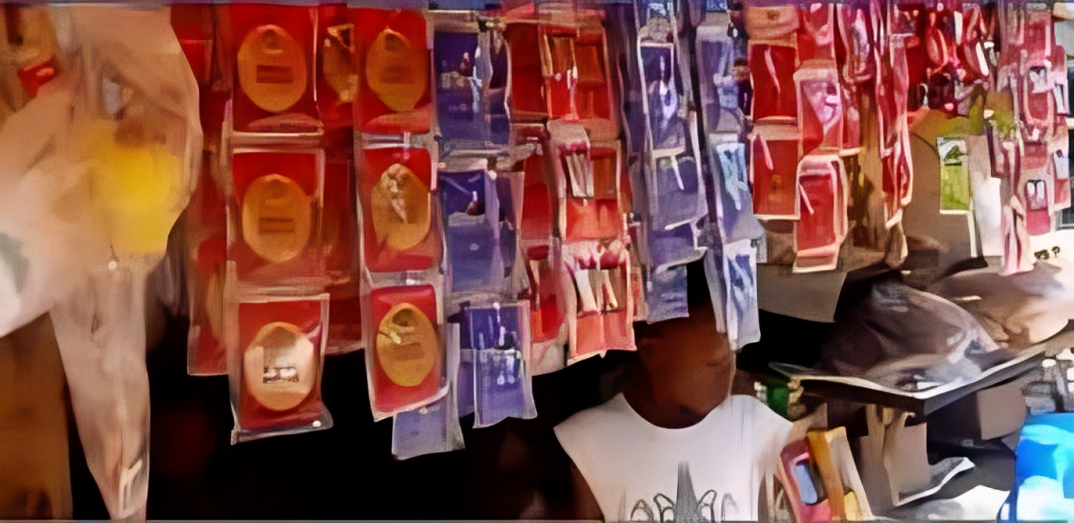The Cameroonian government has announced a six-month deadline for whisky-producing companies to cease distributing their products in sachets. This decision is part of a broader effort to address public health concerns and curb the consumption of cheap, highly alcoholic shots often sold in plastic sachets. These sachets, commonly referred to as “whisky sachets,” have been popular among the youth and those with limited spending power due to their affordability and high alcohol content.
The government has been attempting to ban these sachets since 2014, but enforcement has been challenging. The sachets have remained widely available despite previous bans, leading to repeated extensions and moratoriums. The latest directive aims to finally end the sale of these harmful products by giving producers a clear deadline to comply.
The move has been met with mixed reactions. While some applaud the government’s efforts to protect public health, others, particularly those who rely on the cheap sachets, express concerns about the economic impact and the availability of affordable alternatives. The government has emphasized the importance of this measure in safeguarding the health of its citizens and reducing the risks associated with the consumption of unregulated and potentially toxic alcohol.
In addition to the health concerns, the environmental impact of plastic sachets has also been a significant issue. The widespread use of these sachets has contributed to plastic pollution, as they are often discarded improperly, leading to littering and environmental degradation. By banning the distribution of whisky in sachets, the government hopes to reduce plastic waste and promote more sustainable packaging options.
The government has also indicated that it will work with whisky producers to ensure a smooth transition away from sachets. This includes providing support for the development of alternative packaging solutions and ensuring that consumers have access to safe and affordable alcoholic beverages. The success of this initiative will depend on the cooperation of whisky producers and the effective enforcement of the ban.
Overall, the decision to ban whisky sachets is a significant step towards improving public health and environmental sustainability in Cameroon. It reflects the government’s commitment to addressing pressing social issues and promoting the well-being of its citizens. The coming months will be crucial in determining the effectiveness of this measure and its impact on the whisky industry and consumers.
Cameroon Sets Six-Month Deadline for Whisky Sachet Ban






